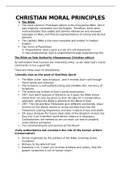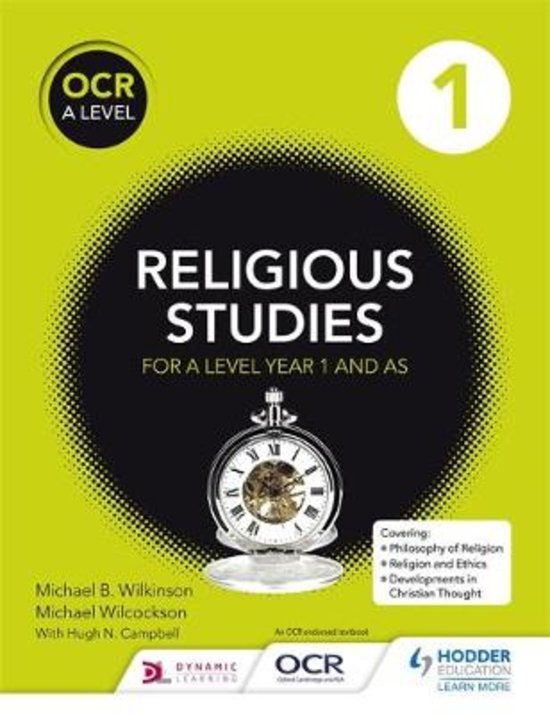Summary
Summary CHRISTIAN MORAL PRINCIPLES NOTES AND EVALUATION + EXEMPLAR ESSAY
In-depth, critical and evaluative A01 + A02 notes for the topic Christian Moral Principles for the Developments in Christian Thought unit for OCR Religious Studies. Includes L6/A* exemplar essay I wrote.
[Show more]




